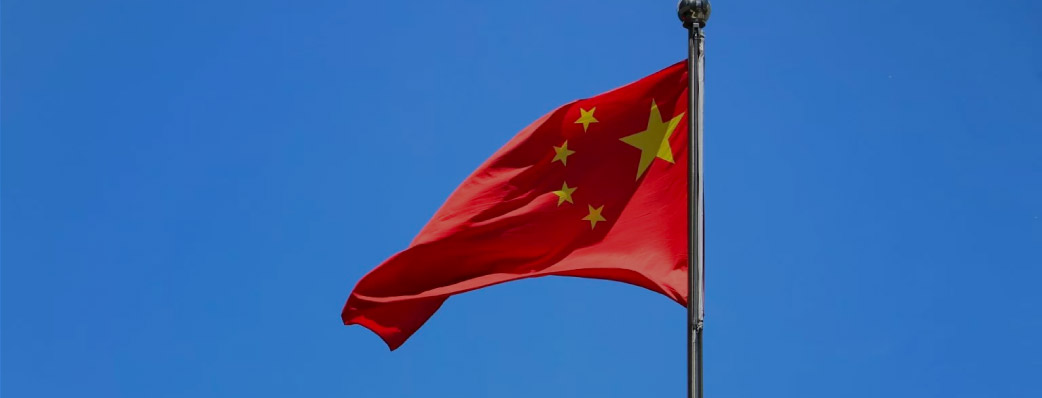The Two Sessions, or Lianghui, is the popular name for the back-to-back meetings of two of China’s major political bodies – the Chinese People’s Political Consultative
The Two Sessions are always of interest to foreign investors, as it serves as a valuable window into China’s politics, reveals Beijing’s priorities for the coming year, and therefore the overall policy direction that the country will take.
This year, the Two Sessions take on added importance as 2021 is the first year covered by China’s new 14th Five Year Plan for National Economic and Social Development (the 14th Five Year Plan); it is also the 100th anniversary of the Communist Party of China.
Preferential tax incentives
Fiscal and tax policies are another hold key attention for China watchers as it is directly related to benefits businesses and foreign investors can enjoy in the following
2020 was an extremely difficult year for small businesses; the tax and fee reduction policies reduced the spending burden somewhat and made it easier to resume work production. In 2020, more than RMB 2.6 trillion (Approx. US$399.6 billion) taxes and fees were reduced, with RMB 1.7 trillion (Approx. US$261.3 billion) being attributed to social insurance premiums.
Facing Ongoing Problems
This year’s preferential policies are still largely focusing on helping this group to get through the on-going challenges. In the readout of the Government Work Report on Friday morning, the following incentives were unveiled:
- Extending the interim preferential tax policies for small-scale taxpayers, such as the preferential value-added tax (VAT) policy for small-scale taxpayers (that is, from March 1, 2020 to December 31, 2020, the VAT levy rates for small-scale taxpayers shall be reduced to one percent from three percent).
- Implementing new structural tax cut measures to offset the impact of some policy adjustment. Some of the previous tax and fee cuts may no longer be effective, but the government has taken that into account and will come out with new tax incentives to alleviate the impact.
- Increasing the monthly sales ceiling of small-scale taxpayers who are eligible for VAT exemption from RMB 100,000 (approx. US$15,370) to RMB 150,000 (approx. US$23,055). In China, individual VAT taxpayers and individual-owned business who do not register as general VAT taxpayers are treated as small-scale taxpayers. They should therefore also be eligible for this more beneficial VAT threshold.
- Halving the corporate income tax (CIT) liability of small and low-profit enterprises for the portion of taxable income not exceeding RMB 1 million based on the existing preferential policies. Currently, all small and low-profit enterprises can enjoy a 20 percent CIT rate on 25 percent of the taxable income amount for the proportion of taxable income not exceeding RMB 1 million.
The Effect of New Acts on Specific Industries
In addition to the supports to small businesses, China is also using tax incentives to encourage innovations among enterprises and optimize the supply chains:
- Extending the 75 percent additional pre-tax reduction of R&D expenses and increasing the additional pre-tax deduction rate of manufacturing enterprises to 100 percent.
- Expanding the scope of preferential CIT catalogue for businesses engaging in environmental protection, energy and water conservation.
- Full refund of incremental VAT credits to advanced manufacturing enterprises on a monthly basis.
Use INS Global As Your Gateway to China
With more than 15 years of experience helping international companies enter China successfully, INS Global is perfectly placed to be your local partner.
Thanks to our multinational team of global expansion experts, you can hire or transfer employees and begin operations in less than a week. To find out more about our PEO, global Employer of Record services, recruitment, payroll, or compliance assurance solutions, contact our specialists today.


SHARE